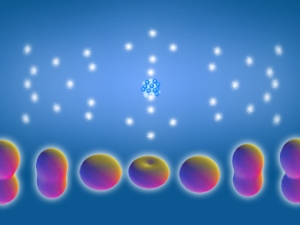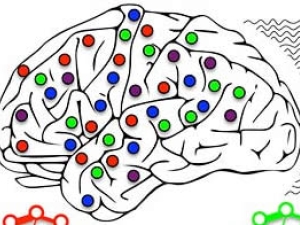

Research Bio
Joni Wallis is a neuroscientist whose research investigates the neural basis of decision-making, reward, and cognitive control. Her approach is to treat the brain as a complex computing device and develop brain implants that can interact with the brain in order to treat neuropsychiatric disease. She accomplishes this through high-channel count neurophysiological recordings, sophisticated algorithms for decoding neuronal information in real-time, and closed-loop control of brain stimulation. In this way, Wallis can develop devices that can detect and disrupt maladaptive associations and behaviors and restore the brain to the healthy state. She is Professor in the Department of Psychology and the Helen Wills Neuroscience Institute at UC Berkeley, where she directs the Wallis Lab.
Research Expertise and Interest
prefrontal cortex, neurophysiology, executive control, decision making
In the News
New Fellows of the American Association for the Advancement of Science
Our brain activity could be nudged to make healthier choices
Netflix binge-watching versus a hike in the woods. A cheeseburger versus kale salad. Fentanyl versus Tylenol. New UC Berkeley research suggests our brain activity could be influenced to make the healthier choice.
CNEP researchers target brain circuitry to treat intractable mental disorders
Neuroscientists, engineers and physicians are teaming up for an ambitious five-year, $26 million project to develop new techniques for tackling mental illness.
Findings offer new clues into the addicted brain
What drives addicts to choose drugs, alcohol, cigarettes, gambling, overeating or kleptomania — despite the risks? Campus neuroscientists have pinpointed the locations in the brain where calculations are made that can result in addictive and compulsive behavior. Their astonishing findings could lead to improved treatments for many addictions and disorders.
For neurons to work as a team, it helps to have a beat
When it comes to conducting complex tasks, it turns out that the brain needs rhythm, according to UC Berkeley researchers. Neuroscientists have found that cortical rhythms, or oscillations, can effectively rally groups of neurons in widely dispersed regions of the brain to engage in coordinated activity, much like a conductor will summon up various sections of an orchestra in a symphony.





